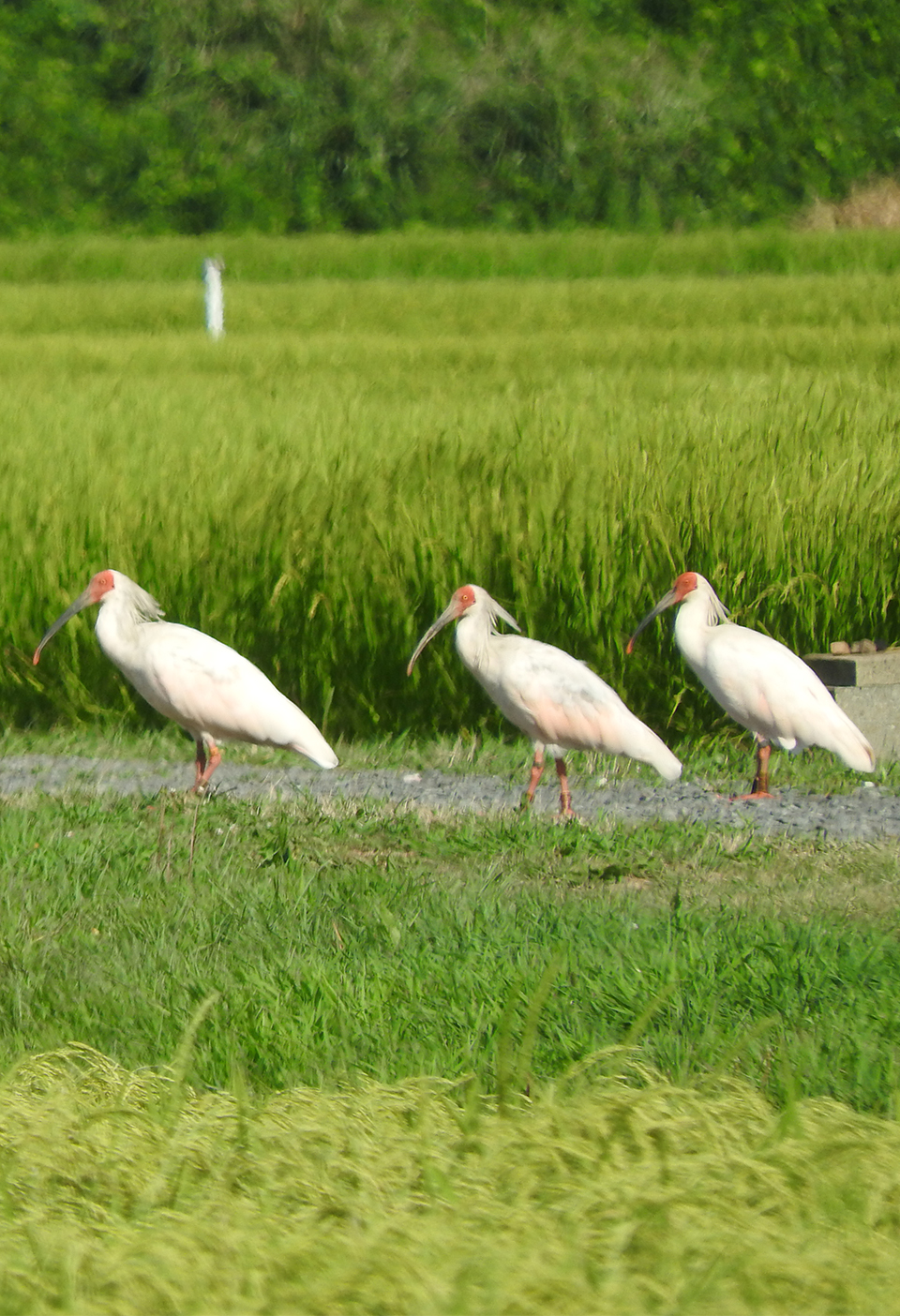Wetland for Flood Mitigation
- Inba Lake, Japan

ABOUT THIS ISSUE
Frequent urban flooding due to increased inflow from upstream areas and water pollution from agricultural wastewater
SOLUTION
Restoration of wetland in abandoned rice fields can serve to reduce flooding in downstream areas and improve water quality
Flood risk management is a priority issue
In the Inbanuma swamp basin, serious floods that inundate surrounding houses due to the overflowing of swamps and rivers occur once every few years. Urban flooding is becoming more frequent due to increased inflow from upstream areas, and water pollution from agricultural wastewater was becoming more serious. In addition, it was becoming difficult to maintain and manage the flood control infrastructure due to a declining population.
Restoration of abandoned wetlands for various benefitsm
To solve these problems, the wetlands in Yatsu were reevaluated for flood control and water quality improvement. "Yatsu" refers to the narrow, branch-like valleys carved into the plateau surface that are widely distributed in the Inbanuma swamp basin and were once used as paddy fields. In Yatsu, the wetlands were abandoned due to their small land area, high groundwater table, and low work efficiency that made mechanization difficult.

By reusing abandoned land as rice paddies and wetlands, activities are being developed in the Inbanuma swamp to successfully draw out the multiple benefits.
First of all, with regard to the disaster prevention function, by temporarily storing a large amount of water during heavy rains, the amount of water flowing into the river is reduced and a sudden rise in water levels can be prevented. The modern approach to flood control was to ensure safety by collecting and eliminating rainwater as quickly as possible. However, it is now recognized that collecting water quickly and letting it flow out into rivers can lead to a sudden rise in water levels and cause damage (urban flooding), and delaying the flow of water is now recognized as a method of flood control. Therefore, the importance of establishing a temporary water storage facility that makes use of nature is recognized.
Looking at water quality, spring water flowing from the plateau sometimes contains high levels of nitrogen and nutrients due to agricultural and domestic wastewater. When this water flows directly into rivers, it can cause water quality deterioration due to the occurrence of blue-green algae. However, when water flows into the wetland, microorganisms decompose the nitrogen compounds (ammonia and nitric acid) into nitrogen gas that is not harmful to the environment, and the water can be purified before it flows into the river. In addition to the above, the diverse wetland environment will create a unique and diverse biota, and the conservation of wetlands in the valley will lead to the preservation of biodiversity. Even small-scale rice paddies with little economic benefit are useful to the community. It is necessary to devise ways to maintain these fields in the community.
Involving the local community in new maintenance and management
In order to maintain the above-mentioned functions of the Yatsu area, it is necessary to perform management work such as shoveling mud from waterways, repairing banks and shores, and cutting trees and weeds. In the Inbanuma, local residents, students, and diverse groups from urban areas are participating in the maintenance and management of Yatsu. This is one way to increase the number of people involved in the community, which in turn will lead to the maintenance and development of the local economy. It also provides environmental education to deepen the understanding of the wetland environment.
On the institutional side, it is necessary to deal with diverse land use in an integrated manner in accordance with the water cycle, including water infiltration from the plateau, spring water, and runoff into rivers. However, since each government has a different jurisdiction, coordination was necessary to effectively use the valley areas. In addition, it is beneficial for the government to manage the abandoned land for the benefit of the public, so active support of the land-use coordination process is worthwhile.




